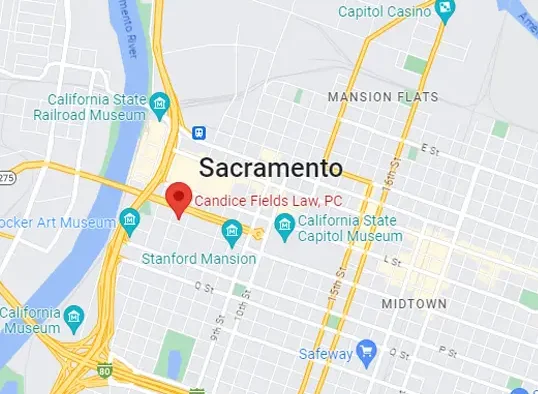KNOW HOW TO USE YOUR RIGHT TO REMAIN SILENT
Many people end up facing white-collar criminal charges and criminal convictions because they don’t understand the law. They consent to a search of their person or vehicle when they shouldn’t, and they sometimes offer information to the police that is subsequently used against them in court. This is why it’s crucial that you understand your legal rights and how to use them to protect yourself from overzealous police officers and prosecutors. One of those rights is the right to remain silent.
WHEN DOES YOUR RIGHT TO REMAIN SILENT KICK IN?
Your right to remain silent follows you around. A specific event doesn’t trigger it. However, it can be waived once you begin cooperating with the authorities. Therefore, anytime that the police start to question you, you can refrain from answering their questions, saying only that you reserve your right to remain silent and wish to speak to a lawyer. In fact, in many instances, this is the best way to protect yourself.
WHERE PEOPLE GET TRIPPED UP
A lot of accused individuals end up talking to the police because they don’t realize that they have the right to remain silent. They expect that police officers will read them their Miranda warning before asking questions, the answers to which will be used against them. However, the police must only inform you of your right to remain silent if you’re subjected to custodial interrogation.
One way to determine if you’re being interrogated is to simply ask if you’re free to leave. If you are, then you can and probably should go. If you’re not, you should read your rights and ask for an attorney. Once you do so, the questioning should stop. So, beware of police officers who try to buddy up to you to get you to talk outside the confines of custodial interrogation.
AGGRESSIVELY DEFEND YOURSELF AGAINST CRIMINAL CONVICTION
A criminal conviction can wreak havoc on your life. But you don’t have to sit back and let the prosecution run the show. Instead, you can diligently work to build the criminal defense strategy that is right for you, which includes assessing whether evidence was illegally obtained from you, such as by interrogating you without reading you your rights. If you’d like to learn more about what you can do to craft compelling criminal defense arguments, then now may be the time to reach out to a legal professional with a track record of success in this area of the law.





